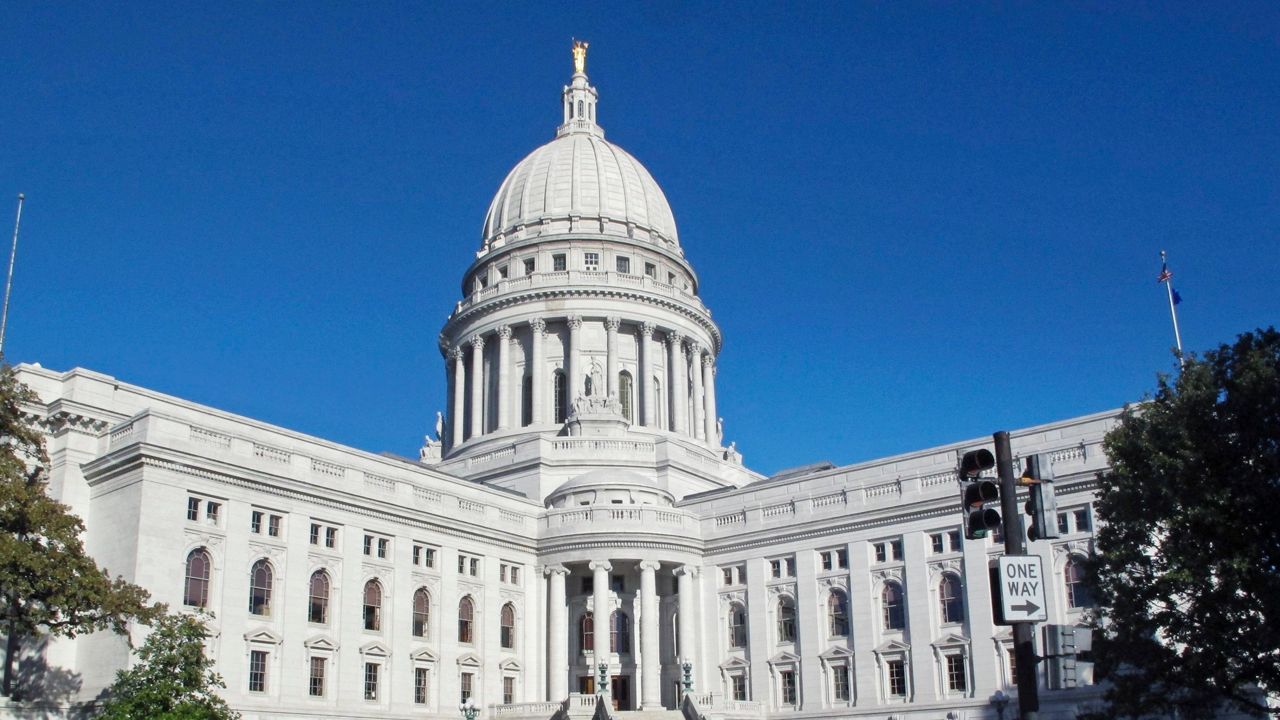MADISON, Wis. (AP) — Republicans who control the Wisconsin state Assembly approved a bill Thursday that would guarantee parents the right to determine their children's pronouns and pull them out of any classes that conflict with their personal beliefs.
The Assembly passed the GOP-authored measure 62-35, sending it on to the state Senate. Democratic Gov. Tony Evers is almost certain to veto the proposal if it reaches his desk. The governor vetoed a similar Republican proposal in 2022.
The bill would guarantee parents a host of rights, including the right to determine the pronouns their children are known by at school.
The bill also would give parents the right to pull their children out of class based on religious reasons or personal convictions. They would have a right to be told of any surveys or evaluations that would reveal their or their children's political leanings, sexual behavior or illegal behavior; any vaccinations the school offers; and whenever a “controversial subject" such as gender identity, sexual orientation or racism will be discussed. Parents could sue schools that violate those rights.
The bill's supporters say schools are ignoring parents, and the legislation will force administrators to listen to them. Parents in Waukesha County, a Republican stronghold, won a lawsuit in October that alleged Kettle Moraine School District officials used a male name and male pronouns to address their 12-year—old daughter without their consent. The girl was questioning her gender identity at the time.
Opponents say the bill is an attempt to disrupt school protocols and amounts to censorship.



